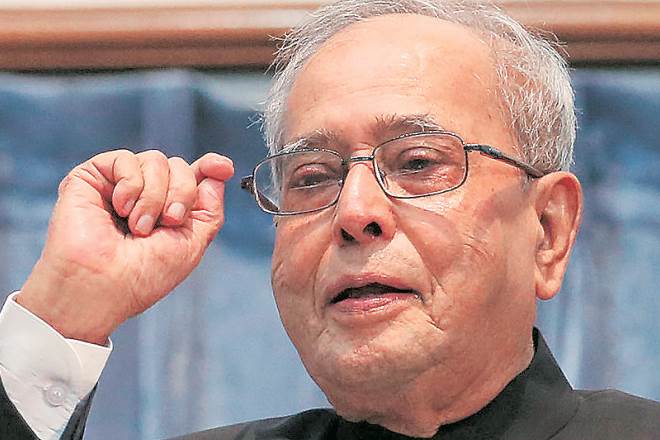SN Misra
India has had 26 defence ministers so far. I had the privilege of working with four: Mulayam Singh Yadav (1996-98), George Fernandes (1998-2004), Pranab Mukherjee (2004-06) and AK Antony (2006-2014). Each had a unique style of functioning.
Mulayam shuttled between Lucknow and Delhi in IAF planes, and wanted all notings in Hindi; he called Major Generals, Majors. George Fernandes brought in enormous dynamism to the stiff-collar ministry of defence (MoD) with his informality and easy accessibility. He was the most popular defence minister as he carried cakes to troops during Christmas and also sent defence financial officials to Siachen Glacier, as they were sitting over proposals for snow boots for the troops.
Antony was the longest serving Defence Minister (8 years), who gave priority to his personal image over expeditious procurement of weapon systems. He cancelled every contract where he smelt minimal malfeasance, leading to a stalemate in major procurement. Fernandes’ easy access led to the Tehelka tapes that exposed the sleazy way surrogate defence agents operated with MoD officials.
Between the ‘irrational exuberance’ of Fernandes and virtuousness of Antony, Pranab was like a whiff of fresh air to the South Block, when he came in 2004. N Vittal, the then Central Vigilance Commissioner, met him and harped on the need to usher in transparency in procurement process of defence deals. This sowed the seeds of the Defence Procurement Manual 2005.
There was debate in the defence ministry whether such a manual should have restricted use in the ministry, or should be put as part of the MoD website. Pranab overruled defence mandarins and ensured that the MoD is perceived as a transparent defence buyer globally.
He unveiled the Defence Procurement Manual before a galaxy of journalists that wanted to corner him about gaps between MoD’s percept and practice. But Pranab disarmed all with wit, courtesy and yen for detail.
Pranab also put in place the ‘Offset Procedure’ in 2005, according to which when a country goes for big-ticket acquisition, it can ask the exporting country to transfer key technology, bring in FDI and bolster exports as an ‘offset’.
Global companies welcomed the move as a pioneering effort to bring in best global practice. The other very important provision incorporated in Defence Procurement Procedure in 2006 was the Integrity Pact. Admiral Radhakrishna Hariram Tahiliani, who was President of Transparency International, India chapter, brought to Pranab’s notice how India ranks very high in the corruption index. Under the IP Pact, which is widely practised globally, the purchaser and the buyer sign a commitment of ‘no corruption’. Normally such a commitment is given only by the seller and not by the buyer.
The ‘Undue Influence Clause’ was introduced using which defence contracts would be cancelled if defence agents resorted to venal methods to gain contracts. It is to Pranab’s credit that MoD became the pioneer in having an integrity pact, which was adopted subsequently by ONGC and the power sector.
Pranab ensured that the exigency of defence procurement does not cloud fair process, equal opportunity and criteria-based shortlisting and evaluation of vendors. This has been his most enduring contribution in the three years in the defence ministry, before he left for the ministry of external affairs in 2006, rather reluctantly.
Touching upon the Emergency, Pranab has written in his memoir how Indira Gandhi was not aware of the nuances of Emergency provisions. He has also recounted how PV Narasimha Rao admonished him for leaving the Congress hurriedly and forming an alternative party following his differences with Rajiv. That is the reason why most Congressmen do not consider him loyal enough. In his last memoir, he has written how Sonia Gandhi expected him to be deferential towards her, after he became the President.
Many Congressmen berated him for going to RSS headquarters for an address. Pranab possibly believes freedom of speech and expression, and eschewing untouchability are his fundamental rights. It was possibly not the best decision, but he understood the basic structure of the Constitution better than others. His legacy places him a cut above the rest as a defence minister, and makes him a just recipient of the Bharat Ratna.
The writer teaches economics and constitutional law. e-Mail: misra.sn54@gmail.com
